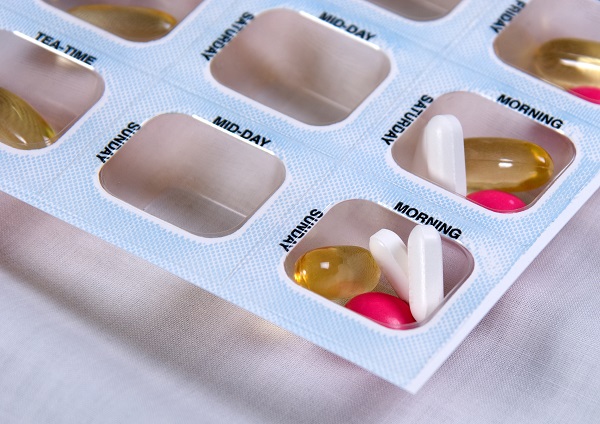Shortages of essential medicines threaten Canadians’ health and ensuring access to critical drugs at all times should be a government priority, write authors in an analysis in CMAJ (Canadian Medical Association Journal).
“Canada’s pharmaceutical supply has become highly dependent on foreign imports and vulnerable supply chains and recent Canadian investments for pandemic preparedness do not address the entirety of pharmaceutical shortcomings,” writes Dr. Shoo Lee, Department of Paediatrics, University of Toronto and Mount Sinai Hospital, Toronto, with coauthors. “A cohesive national policy is needed to address this problem.”
For more than a decade, Canada has experienced ongoing drug shortages, such as the shortage of epinephrine self-injectors (i.e., EpiPens) over the last five years, and recent shortages of hydroxychloroquine for the treatment of rheumatoid arthritis and inflammatory bowel disease owing to use by some to treat COVID-19.
Canada’s pharmaceutical market is small, making up just 2% ($18 billion USD) of total global revenue in 2019. The country relies heavily on imported medications, making it vulnerable to supply chain disruptions and drug shortages. In June 2022, 23 Tier 3 drugs were in short supply; this category includes critical drugs with the potential for the greatest negative impact on drug supply and the health system.
The authors suggest several steps to improve the security of pharmaceutical drugs in Canada including:
- Developing a list of medicines essential to prevent death or severe illness
- Stockpiling these medications in the national emergency strategic stockpile (NESS) or requiring drug companies to do so
- Strengthening domestic manufacturing of pharmaceuticals
- Collaborating with international partners to strengthen supply chains
“Investment in API [active pharmaceutical ingredient] and pharmaceutical manufacturing technologies should be integral to Canada’s strategy to become pharmaceutically self-sufficient,” they write.
“Pharmaceutical security for Canada” is published August 22, 2022.




